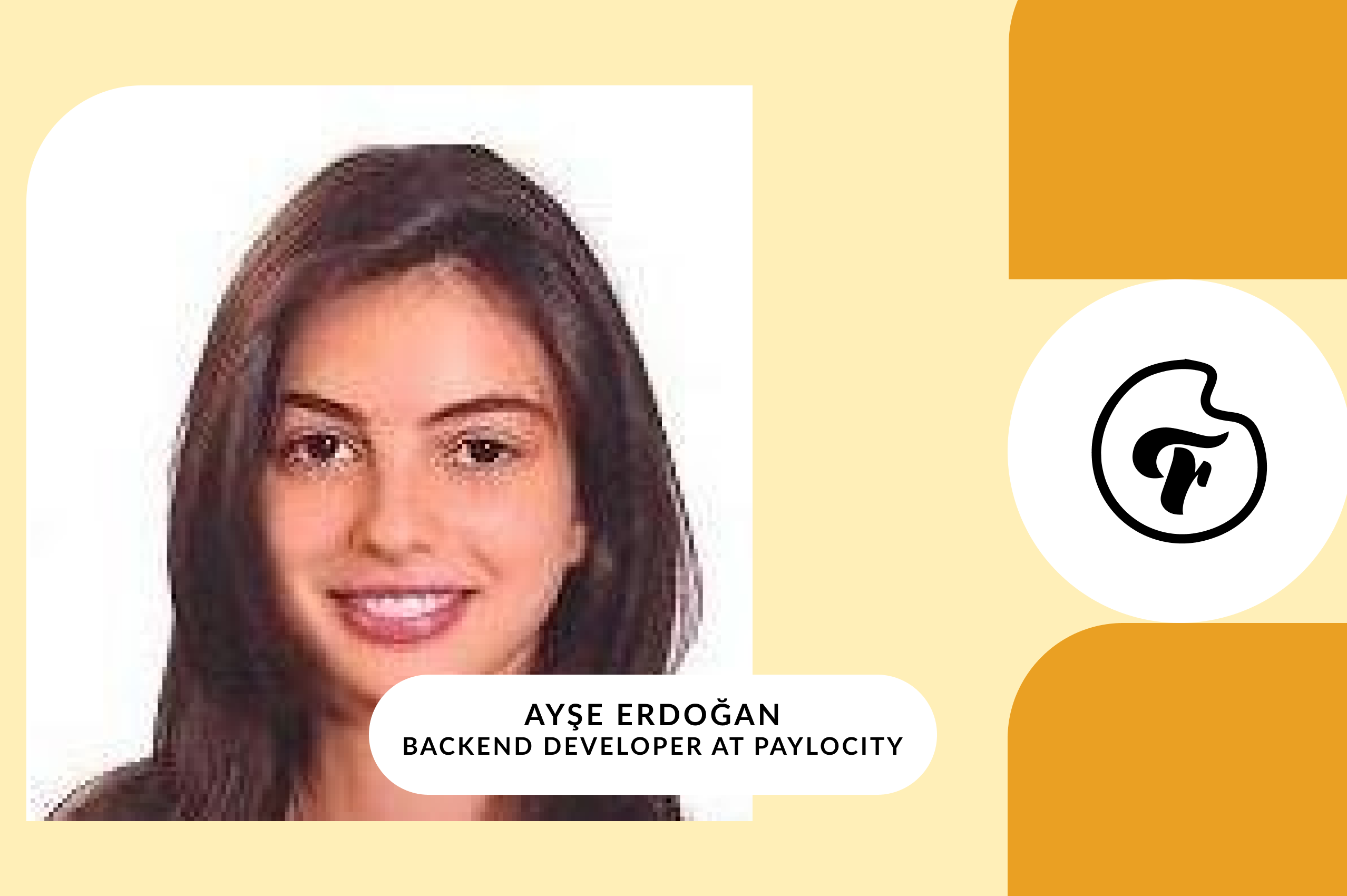
I recently listened to an all female founders panel discussion. It made me hopeful and more confident about the future of this country. The female founders were bold and outspoken, full of creative ideas. However, I couldn’t help but notice they all were saying some very similar things.
First of all, they all admitted that “someone else” (a mentor, a partner or colleague) told them to give it a try and start their own business. Which in my ears sounded a bit like they needed someone else’s push to take the leap of faith. Their parents were not very excited at the beginning either because running a business is “too hard,” “too risky” and “what are you going to do, if you fail?”
Dominika Fričová is a Slovak neurobiologist. She recently wrote in an essay “How to be yourself” (you need to be subscribed to this newsletter to read it) and in that essay she shared that scientists have yet to reach an agreement where the origin of the human mind is. Neurobiologists already know that a key substance to forming a self image in our minds are autobiographical memories. That the idea of what “me” is, or how we see ourselves is not determined by one key moment in someone’s life, but rather by layers and layers of experiences, ideas and memories that keep adding up throughout a person’s life.
Research unfortunately confirms that women themselves tend to think they deserve less, leading them to ask for less. Women tend to ask for a lower salary (there is evidence that e.g. women one year out of college get paid 88% of what their male colleagues are getting paid in engineering and also that salaries tend to decrease when women enter a previously male dominated field).
I myself am still afraid to “take a leap” in many aspects of my life. For example, my whole life, I tended to overestimate how much money a person needs to have in order to start a company. You can start with a lot less than you think, you just have to try it. Zuzanna Śleszyńska, co-founder of a Polish e-commerce company Lettly, said in an interview that at the beginning they just had “a few lines of code and a few computers.” Involving “Friends, fools and family” at the very beginning has some great advantages. They are people you already trust, that might provide useful contacts, and the money they lend usually comes with less strings attached. We all heard stories about how money broke a friendship or even a family, but when done right, it can help you a great deal.
How do you build such a network of useful contacts that can help you start your business? Start with being curious about stories of the people you meet and it doesn’t have to always be in a business setting. “Everything moves at the speed of trust” and if you can trust someone to support your idea or introduce you to relevant partners and contacts, it really is priceless. With practise you become less shy and talking to strangers will start to feel more natural.
I want to make a point about how much time is wasted listening to the stories other people tell us about ourselves before we have enough life experience to figure out how to create our own stories, which is much more important in the long run. Don’t get me wrong, learning from the more experienced and listening to advice is important. They are also “just” opinions of other people and they need to be taken with a grain of salt.The ability to find and listen to our own voice and trust our own judgement is crucial. If we're mostly told what we can't do, get judged for mistakes that are inevitable for growth, it takes much longer for us to be able to live our lives not the lives of others.

One of the best pieces of life advice I got was to listen to the opinions of people that I actually value for what they achieved professionally or in life. The rest really is just noise.
So, what is currently stopping you to go out there and try to do what you feel like you need to do? Be bold, be brave and do it.



